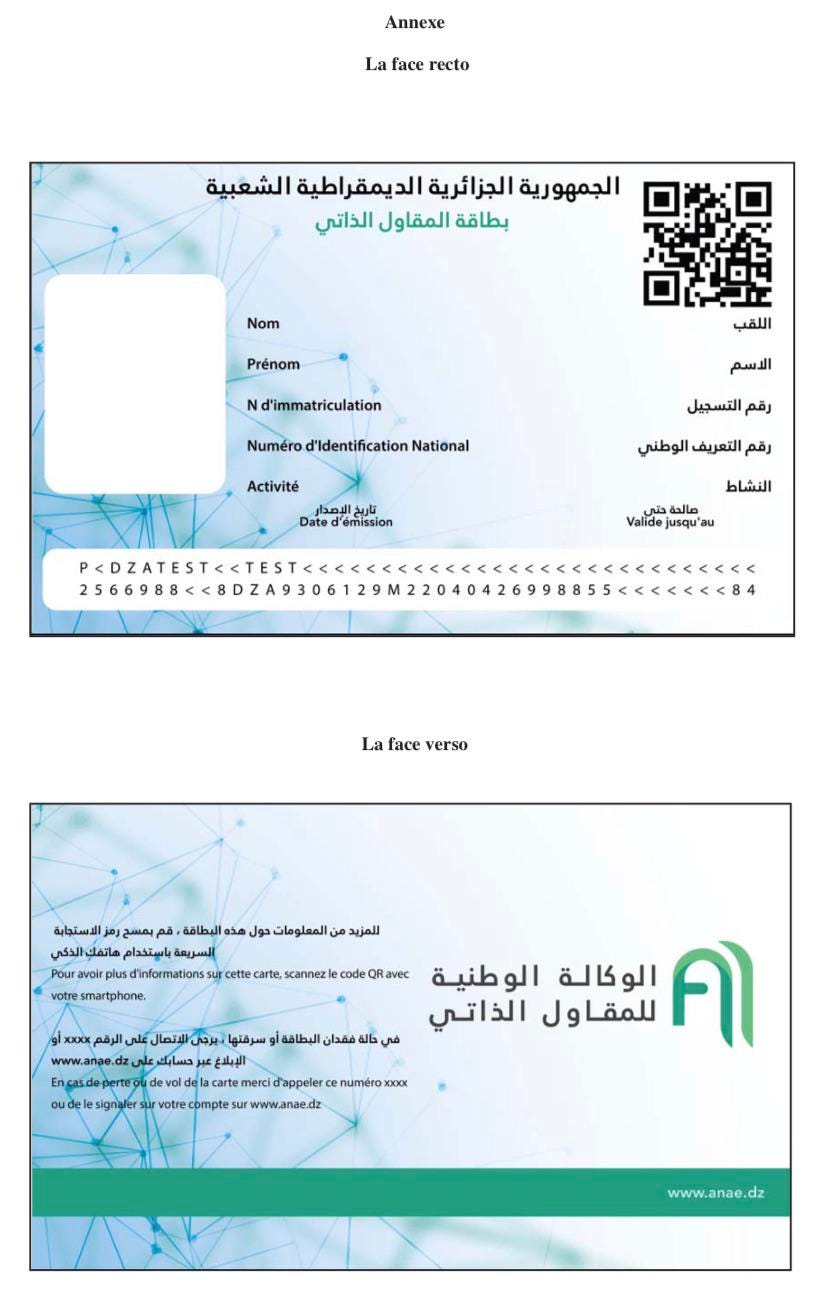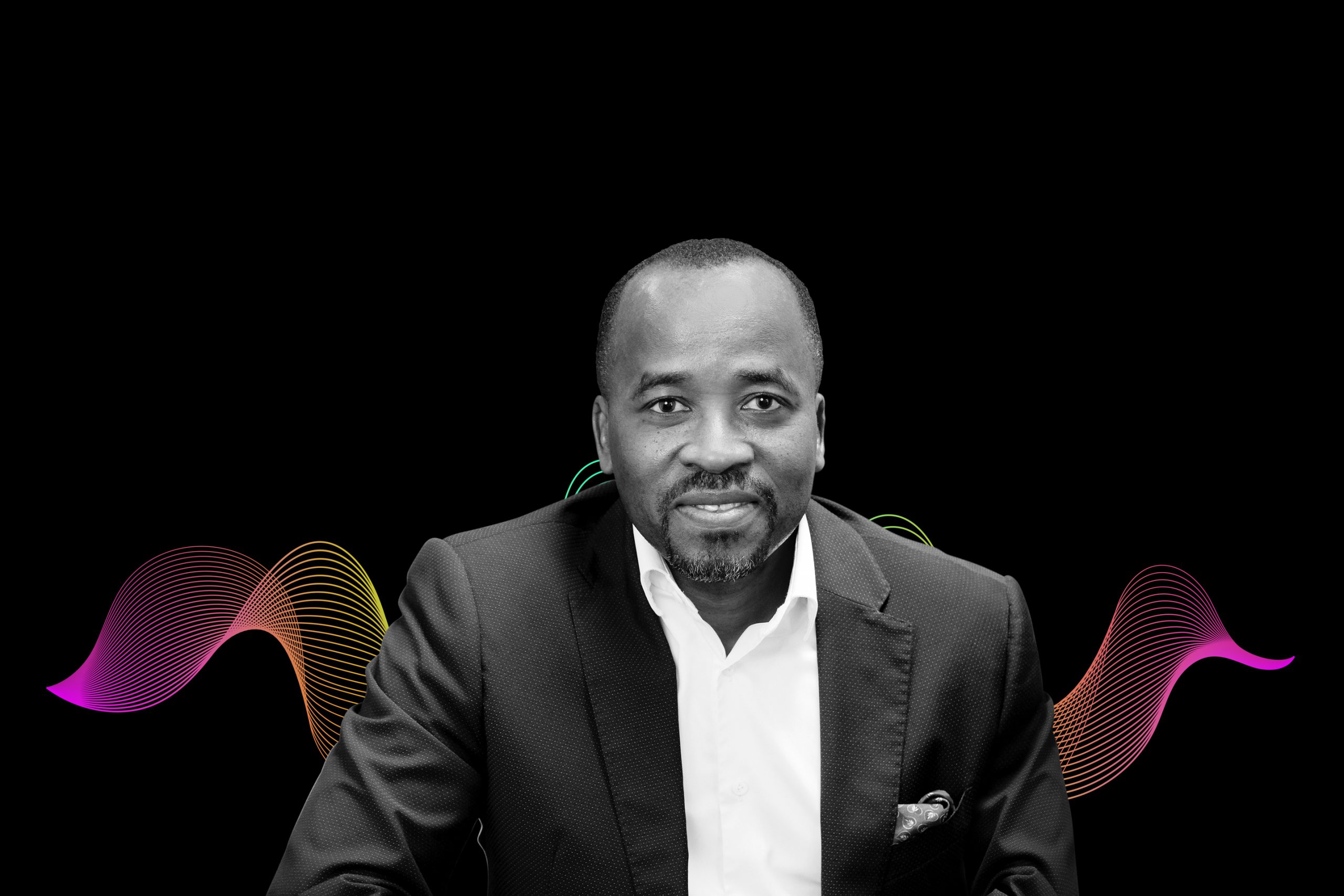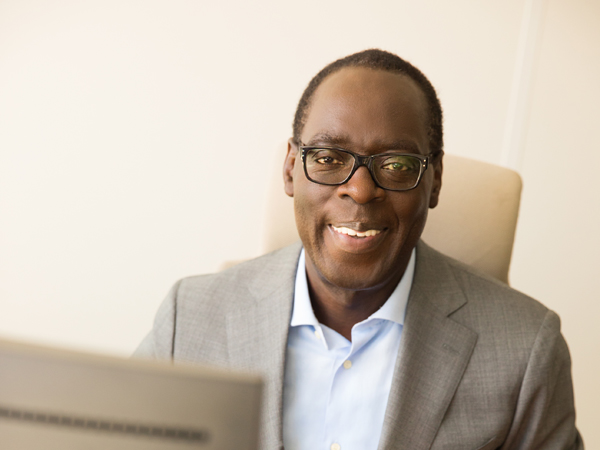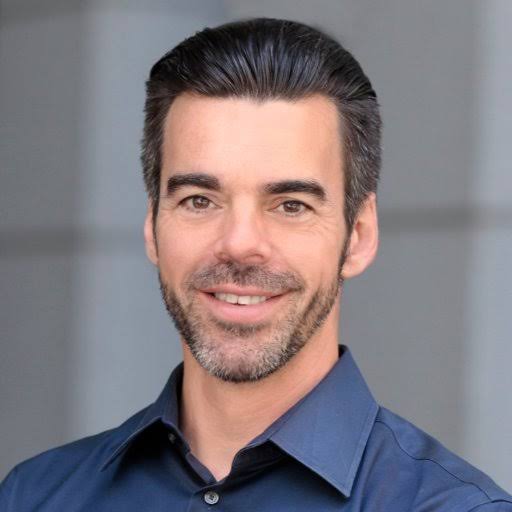What Does 2024 Hold in Store for African Startups? Here are Our Predictions
As the African startup ecosystem readies itself for the uncertainties of 2024, a turbulent year seems to be on the horizon. The past year has seen pivotal events that have cast shadows over the potential prosperity of emerging businesses. In this article, we delve into our predictions for African startups in the coming year and explore strategies to navigate the challenges ahead.
Low Funding for Startups: A Tough Financial Terrain
The recent closure of 54gene, a genomics research company that once stood as a beacon of African innovation, serves as a stark reminder of the financial pitfalls awaiting African startups in 2024. Despite securing an impressive $45 million in funding, 54gene succumbed to financial challenges, signaling a potential trend for 2024. Investors may adopt a more cautious approach, leading to a decline in funding opportunities for startups across the continent. Hence, our prediction foresees a decrease in funding activities compared to the levels observed in previous years..
The implications of reduced funding are far-reaching. Startups, often reliant on external investments to fuel growth and development, will need to reassess their financial strategies. In a landscape where securing funds becomes a formidable task, alternative financing models, such as strategic partnerships and crowdfunding, may gain prominence. Additionally, startups must focus on building sustainable revenue streams to weather the storm of financial uncertainty.
High Startup Shutdowns
The shutdowns of startups such as Zazuu, Pivo, 54Gene are not isolated incidents; they are part of a growing trend that may escalate in 2024. Dash, a Ghanaian fintech startup, raised an impressive $86 million only to crumble a year later due to mismanagement, misappropriation of funds, and falsification of data. This emphasizes the critical role of robust governance and financial management in ensuring the survival of startups.
In the face of heightened scrutiny and a potential increase in startup closures, African startups must prioritize transparent financial practices and effective governance structures in 2024 if they are to survive the Hurricane that is coming. Implementing stringent internal controls, regular audits, and fostering a culture of accountability will be crucial in gaining and maintaining investor trust. Startup leaders must learn from the mistakes of their counterparts and establish resilient frameworks that withstand the challenges of the business landscape.
Generally, a Difficult Startup Year
With the specters of startup shutdowns and Dash’s deceptive downfall looming, 2024 is anticipated to be a generally challenging year for African startups. The key to survival lies in cultivating resilient business models, implementing effective management practices, and devising sustainable growth strategies.
Startups must prioritize innovation and adaptability, recognizing that agility is essential in navigating unpredictable market conditions. Strategic planning becomes paramount as businesses confront challenges on multiple fronts. Diversification of revenue streams, expansion into new markets, and embracing emerging technologies will be instrumental in building a foundation for long-term success.
While the predictions for African startups in 2024 may seem daunting, they also present opportunities for growth and resilience. By learning from past failures, embracing financial prudence, and fostering innovation, startups can navigate the difficulties ahead and emerge stronger on the other side. The road ahead may be challenging, but with strategic foresight and determination, African startups can overcome adversity and contribute to the continent’s vibrant entrepreneurial ecosystem.
Summing It Up: Our Key Suggestions
Diversify Funding Sources:
Given the potential decrease in traditional funding avenues, startups should explore diverse sources of capital. This could include strategic partnerships, angel investors, venture debt, or crowdfunding. A mix of funding channels can provide a financial cushion and reduce dependence on a single source.
Emphasize Financial Prudence
In the face of a tough financial landscape, startups must prioritize sound financial management. This includes regular financial audits, transparent reporting, and a focus on cost control. By demonstrating fiscal responsibility, startups can instill confidence in investors and stakeholders, even in uncertain times.
Build Resilient Business Models
Startups should revisit and strengthen their business models to withstand market fluctuations. This may involve diversifying product or service offerings, identifying new revenue streams, or adapting to changing consumer behaviors. Resilient business models can weather economic challenges and sustain growth.
Enhance Governance and Accountability
Learning from the closures of prominent startups in recent times, it is imperative for businesses to prioritize governance and accountability. Establishing robust internal controls, ethical practices, and transparent reporting structures can instill trust and mitigate the risks associated with mismanagement.
Seek Operational Efficiency
Streamlining operations and optimizing efficiency can help startups navigate cost challenges. Assessing and refining internal processes, identifying areas for automation, and eliminating redundancies can contribute to improved operational efficiency, ensuring resources are used judiciously.
Establishing Collaborative Alliances, Mergers, or Acquisitions
Aligning with established companies or fellow startups can yield reciprocal advantages, including shared resources, broader market outreach, and enhanced credibility. Forming strategic partnerships becomes a stabilizing force for startups, offering crucial support during challenging periods.
Adapt to Market Trends
Keep a close eye on market trends and adapt quickly. Consumer behaviors and industry landscapes can shift rapidly, and startups need to be agile in responding to these changes. Staying ahead of the curve can present new opportunities and help mitigate potential risks.
Focus on Customer Retention
Acquiring new customers can be challenging in a difficult year, making customer retention even more crucial. Prioritize customer satisfaction, gather feedback, and tailor products or services to meet evolving customer needs. Loyal customers can serve as a stable foundation during uncertain times.
Cultivate a Positive Company Culture
A positive and supportive company culture can foster resilience among the team. Encourage open communication, provide support for employees, and maintain a shared vision. A motivated and unified team is better equipped to face challenges head-on.

Charles Rapulu Udoh is a Lagos-based lawyer, who has several years of experience working in Africa’s burgeoning tech startup industry. He has closed multi-million dollar deals bordering on venture capital, private equity, intellectual property (trademark, patent or design, etc.), mergers and acquisitions, in countries such as in the Delaware, New York, UK, Singapore, British Virgin Islands, South Africa, Nigeria etc. He’s also a corporate governance and cross-border data privacy and tax expert. As an award-winning writer and researcher, he is passionate about telling the African startup story, and is one of the continent’s pioneers in this regard.






















